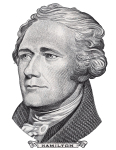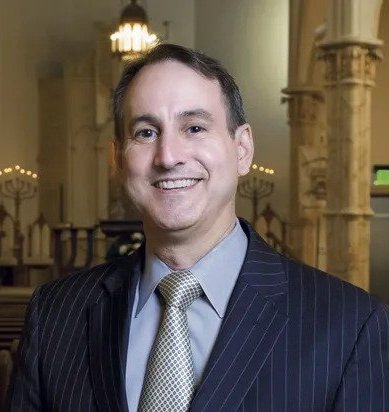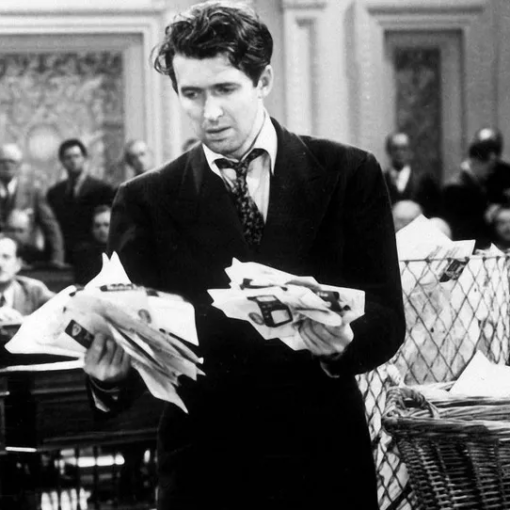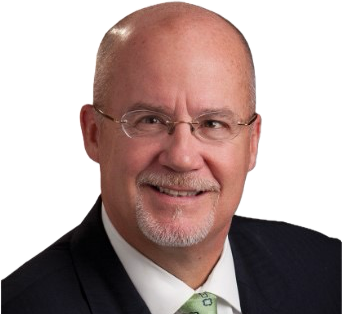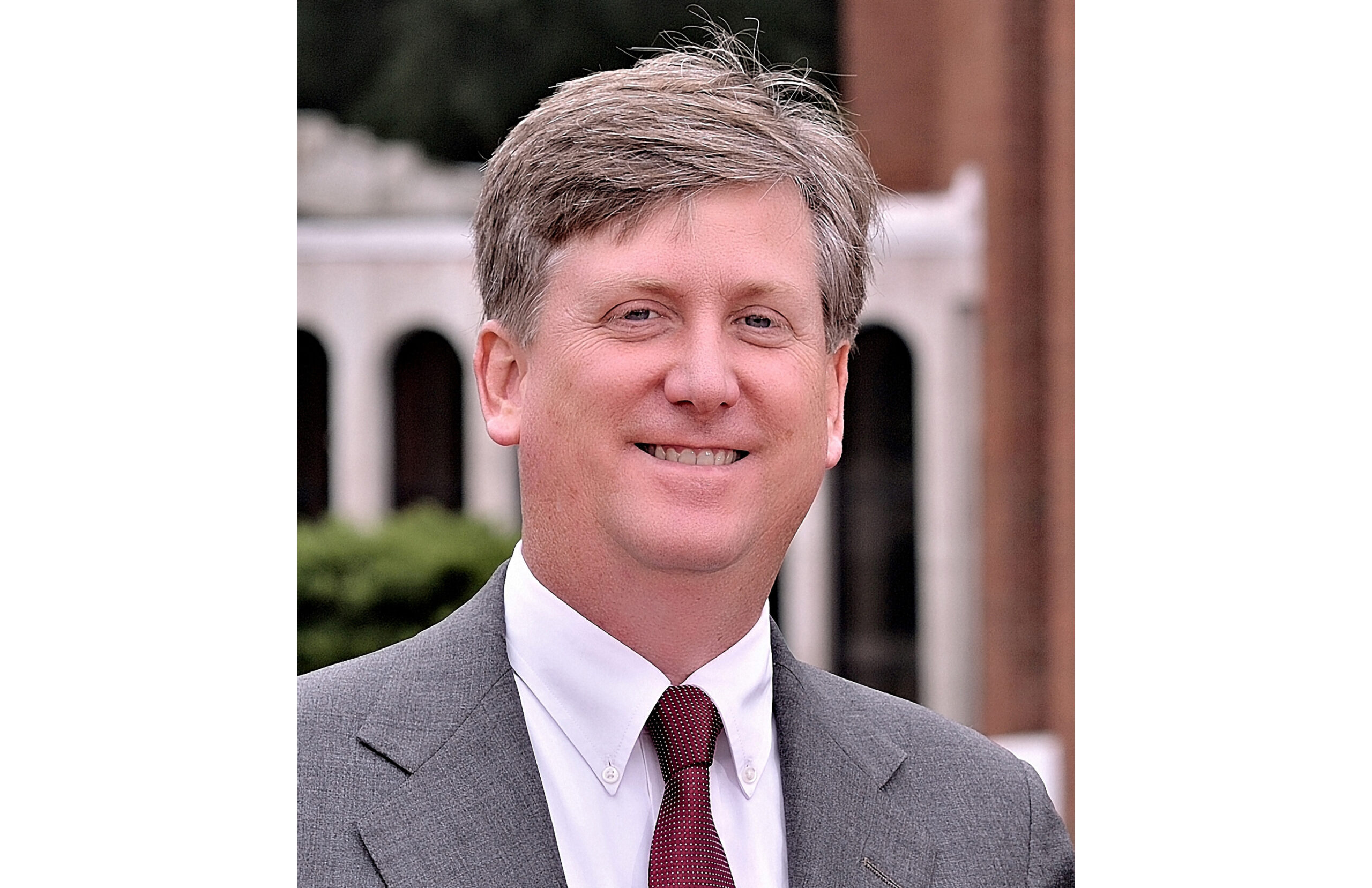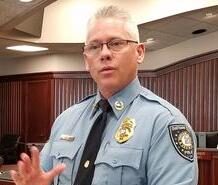Program Summary
Justice Unites Savannah Together (JUST)
Skidaway Hamiltons, 17 January 2023
Rabbi Robert Haas, Congregation Mickve Israel, Savannah
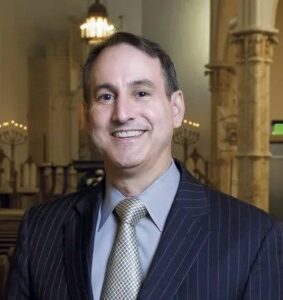 Rabbi Haas is currently the Co-President of JUST. Many congregants at churches, synagogues, and mosques do volunteer work in their communities through soup kitchens, housing efforts, and other community-based social action organizations. But never in his long experience in Houston and other places had congregants become involved in social justice initiatives, i.e. in efforts to make long-term positive changes for those in need through legislation and government policy changes. This is because a single congregation, even a very large one, does not have the power by itself to effectively advocate for such changes.
Rabbi Haas is currently the Co-President of JUST. Many congregants at churches, synagogues, and mosques do volunteer work in their communities through soup kitchens, housing efforts, and other community-based social action organizations. But never in his long experience in Houston and other places had congregants become involved in social justice initiatives, i.e. in efforts to make long-term positive changes for those in need through legislation and government policy changes. This is because a single congregation, even a very large one, does not have the power by itself to effectively advocate for such changes.
When Rabbi Haas arrived in Savannah ten years ago, he quickly became aware that the local houses of worship did very little together and in fact were frequently divided by ethnicity, economic status, and location as well as by religious affiliation. But some initial steps were being taken to span this divide. The Savannah Pastors’ Alliance existed and invited him to be a member and the name is now changing to reflect that not all its members are pastors.
Around late 2018, the national director of the Direct Action and Research Training (DART) Center came to Savannah and met with some local clergy leaders about how to set up a social justice organization locally. For about 18 months, several dozen leaders of local houses of worship from across the religious spectrum met about how to get this effort started. It began as the Savannah Area Interfaith Justice Ministry but eventually became known as JUST. The organization was, and still is, all about getting people together to discuss and research issues to seek social justice through requests to local officials in front of a large crowd of interfaith supporters. The timing for launching the effort was unfortunate: March of 2020, the beginning of the pandemic in the US. Yet the directors of the local organization voted unanimously to continue the effort, and 22 local congregations are now JUST participants including two synagogues, several predominantly African-American congregations, and a mosque. Other congregations are likely to join.
What JUST does is all about changing the systems, not just changing the moment. Each year, one or two topics of local interest and concern are chosen by vote of the participating congregations and then several months are spent researching these topics to determine the extent of the problem and what solutions might be appropriate to ask local officials to pursue and to which local officials that request should be addressed. There are two things that attract serious attention from local officials: Money and large numbers of people. In the Spring (late April or early May), JUST convenes a large gathering of JUST-affiliated people, called a Nehemiah Assembly, and presents their requests to the appropriate local officials in front of this crowd.
In 2020/21, the issue JUST pursued was affordable housing in Savannah. At the Spring, 2021 Nehemiah Assembly (on Zoom), JUST requested that the city administration use $7 million of the American Rescue Plan (ARP) funds that came to Savannah from the Federal government be added to the Savannah Affordable Housing Fund (SAHF), which until that year had very little funding. In the summer of 2021, the Savannah City Council allocated approximately $5 million of the ARP funds for the SAHF, and Mayor Johnson credited JUST with its advocacy for this. In 2021/22, JUST chose to pursue more permanent City funding for the SAHF and for justice for the many arrestees for minor nonviolent offenses who spend long periods in jail due only to an inability to pay cash bail. We requested $3 million in City funds for the SAHF and ultimately got $2 million. We also got the Chatham County District Attorney to agree to expand her efforts to divert arrestees for minor nonviolent charges to programs other than jail.
This year, JUST is pursuing more permanent City funding for the SAHF with some restrictions on the income level of those eligible to receive rental assistance benefits and for improving some aspect of education locally. The research meetings for these topics have just begun, and JUST will meet with several local officials and groups over the next few months, always with 5 to 10 people present at the meetings so that whomever we meet with knows that there will be many more people from many backgrounds ultimately making a request for change. This year’s Nehemiah Assembly will be Monday, April 24, at First African Baptist Church with, we hope, 700 or more JUST-affiliated people present.
JUST continues to grow and add local congregations as we work together for what we all want: Greater justice in our community. We seek knowledge and bring the power of people to seek action that as individual congregations we would not be able to do.
In response to a question, Rabbi Haas indicated that the national organization DART has set up 41 organizations around the country similar to JUST. These organizations can share how they accomplished some of the things for which they have advocated and therefore act as a resource for JUST. Some of these organizations have been around as long as 20 years, so JUST is very young by comparison. He also indicated that congregants from the various local houses of worship have become acquainted through JUST. And that people who are unaffiliated with a congregation are welcome to participate in JUST actions at any level of involvement they wish, provided everyone goes to the Nehemiah Assembly in late April. He also pointed out that the participating congregations have found other ways to help each other, such as the effort during the pandemic to provide internet access to those who lacked it. Furthermore, some of the congregants at the participating congregations deal directly with some of the serious problems that JUST is trying to address, so JUST hears directly these stories. In response to a question about how JUST is funded, Rabbi Haas indicated that it is a combination of congregational contributions, individual donations, and grants.
